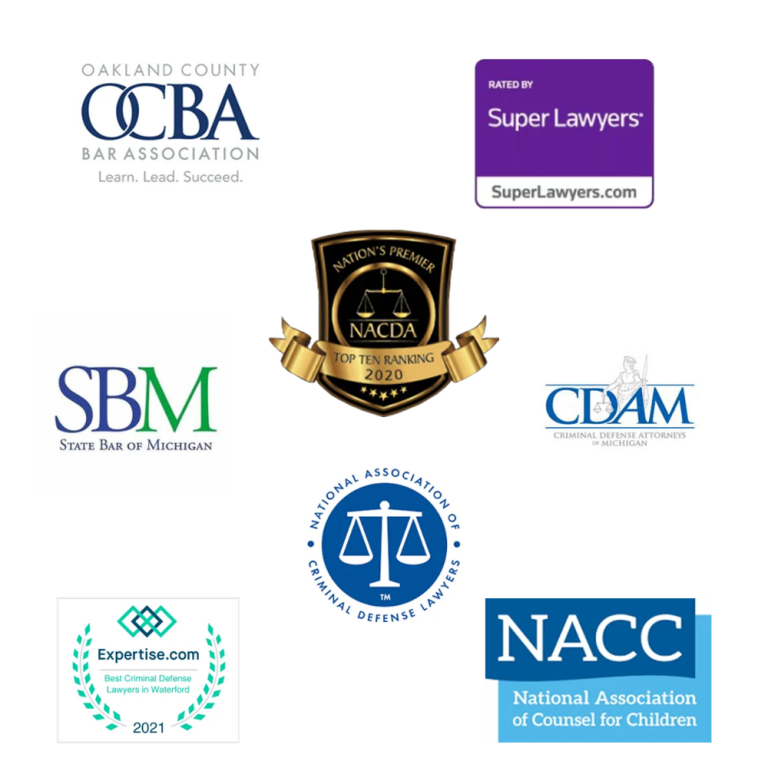Often mainly parents suffer for disabled child on sex registry
On Behalf of Kirsch Daskas Law Group | Dec 9, 2019 | Criminal Defense, Juvenile Crimes, Sexual assault
When courts hand down sentences for sex offensives to people with intellectual disabilities, it is instead their parents or guardians who often suffer the consequences. Because the convicted person sometimes cannot understand the court’s rules and cannot afford the changes needed to comply with them, such orders can punish the parents almost exclusively.
The results can have enormous effects on the quality of life of people never charged with or convicted of any offense, according to a recent article by The Marshall Project, a nonprofit journalism site focused on criminal justice issues.
Required living arrangements cost more than money
Sex offense convictions often carry legal restrictions and social consequence that cost tens or hundreds of thousands of dollars.
Typically, someone on a sex offender registry cannot live within a certain distance of a school, daycare or various other sites. But the family may already live within that distance, or a venue may suddenly open near them. Either the entire family must sell their home and move, or they must rent housing somewhere that will rent to a disabled person on a sex offender registry.
The Marshall Project profiled two mothers whose adult sons both had the mental functions of 10-year-olds. One says her son would starve without daily supervision. Because he must stay inside after dark, she must stay with him every night as if his curfew were also hers.
Missed opportunities and a solitary life
The Marshall Project says studies show people on sex offender registries often suffer harassment, vandalism and physical violence.
One of the mothers reports her son lost his part-time job at a restaurant after his arrest and is unable to find any other work. Aside from the financial consequences, his life has gotten smaller and so has his mother’s.
The other mother says she and her husband have missed seven years of the reunions in the family holds in public parks, one of the types of places their son cannot go.
Three of the people interviewed by the Marshall Project have started taking medication and therapy for depression, anxiety, or post-traumatic stress syndrome since their children’s legal troubles began.










